China escalated its diplomatic feud with Japan on Sunday by sending Coast Guard ships to patrol near islands the countries both claim, and warning Chinese students in the country about what it said were risks to their safety. The escalation came after comments this month by Prime Minister Sanae Takaichi of Japan about Taiwan, a self-governed democracy that China considers part of its territory. Ms. Takaichi told the Japanese Parliament that a hypothetical Chinese attack on Taiwan could trigger a military response from Tokyo.
According to the Chinese Embassy in Tokyo, the country's citizens were warned against traveling to Japan due to what it described as serious safety risks. The warning, issued on Friday, could affect an important part of Japan's tourism economy, as nearly seven million Chinese travelers visited the country last year, accounting for nearly one in five international tourists, according to Japan's tourism bureau. The Chinese Embassy did not provide evidence to support its claim, but the warning has sparked concerns among Japanese officials and business leaders.
The islands in question, known as Diaoyu in China and Senkaku in Japan, are uninhabited and located north of Japan's Okinawa prefecture. Japan controls the islands but China also claims them, and the dispute has been a source of tension between the two countries for years. The Chinese Coast Guard said on Sunday that some of its ships were patrolling the waters around the islands, a move that is likely to further escalate the situation.
The dispute over the islands has its roots in a complex web of historical and cultural claims. China considers the islands to be part of its territory, citing historical records and maps that show the islands as part of Chinese territory. Japan, on the other hand, claims sovereignty over the islands based on its post-World War II occupation of the area. The dispute has been a major point of contention between the two countries, with both sides accusing each other of provocative actions.
International observers have expressed concern over the escalating tensions between China and Japan. "The situation is increasingly volatile, and it's not clear how it will play out," said a spokesperson for the United States Department of State. "We urge both sides to exercise restraint and to engage in diplomatic efforts to resolve the dispute peacefully."
The current situation has significant implications for the global economy, particularly for Japan's tourism industry. The country relies heavily on international tourism, and a decline in Chinese visitors could have a major impact on its economy. Japanese officials have expressed concern over the potential consequences of the Chinese warning, and have urged the Chinese government to reconsider its decision.
The situation is likely to continue to unfold in the coming days, with both sides showing no signs of backing down. The Chinese government has yet to comment on the next steps it will take, but it is clear that the situation will continue to be a major point of contention between the two countries.
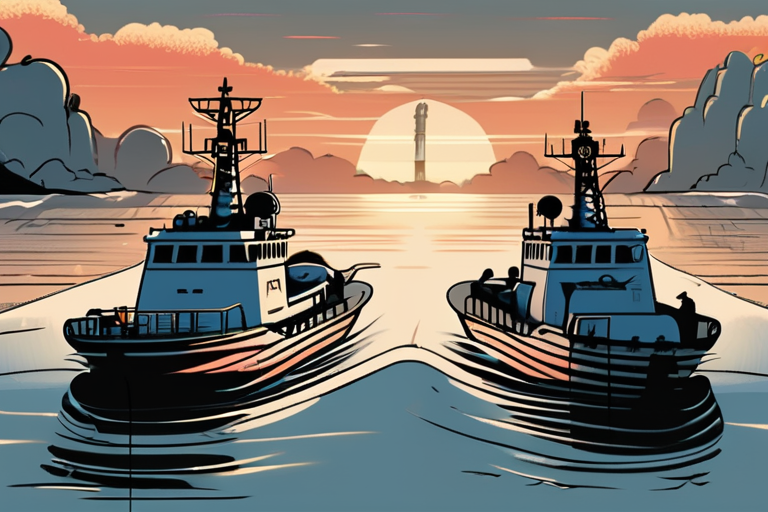


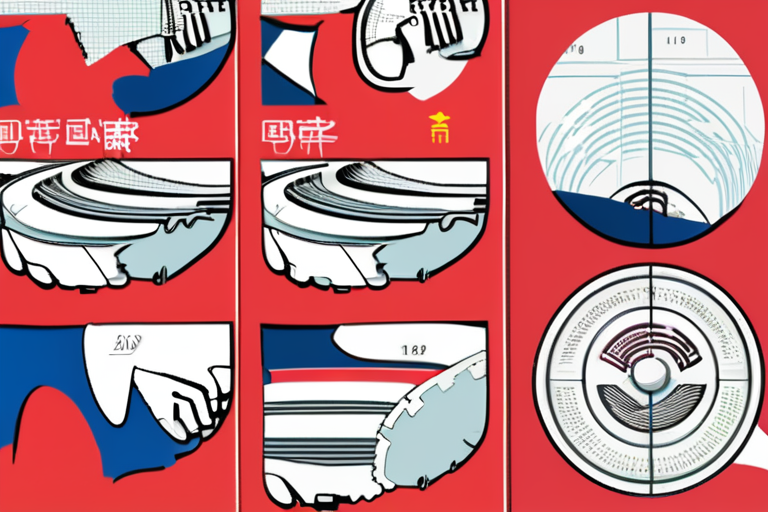

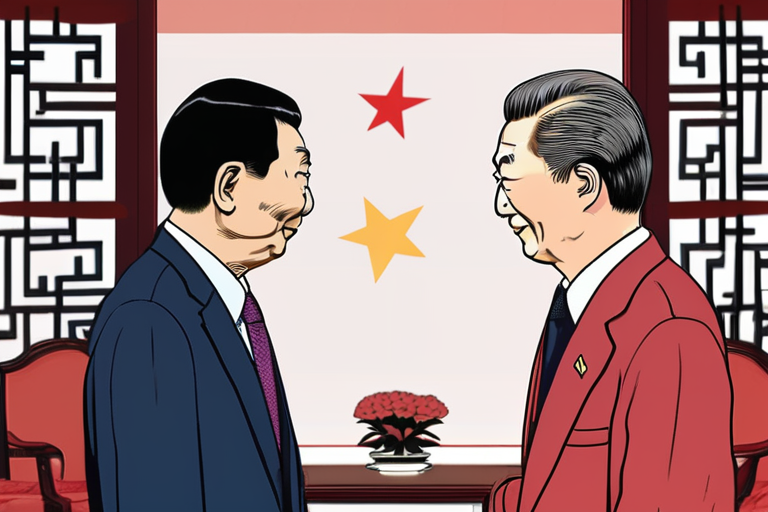


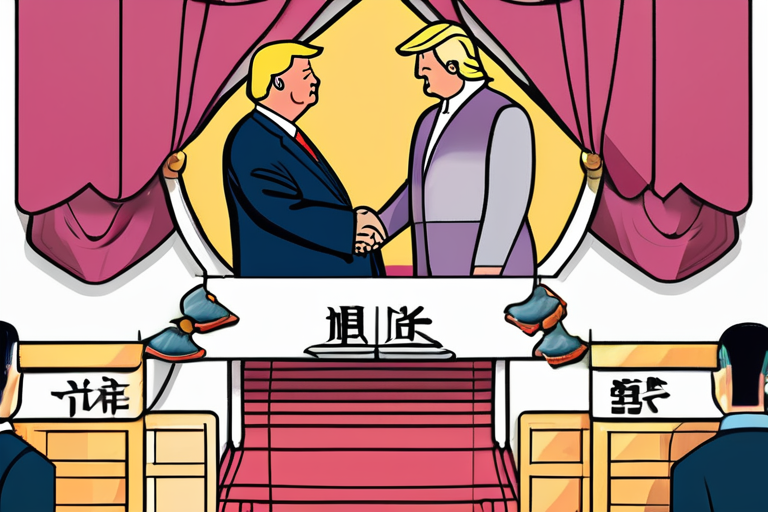
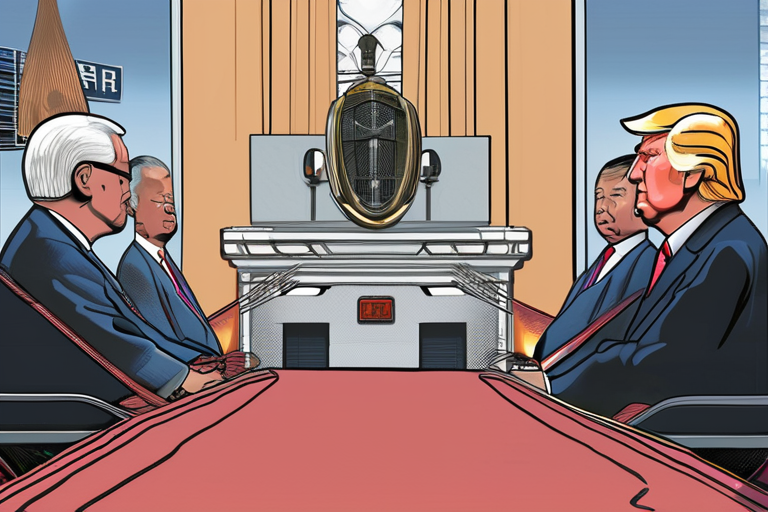







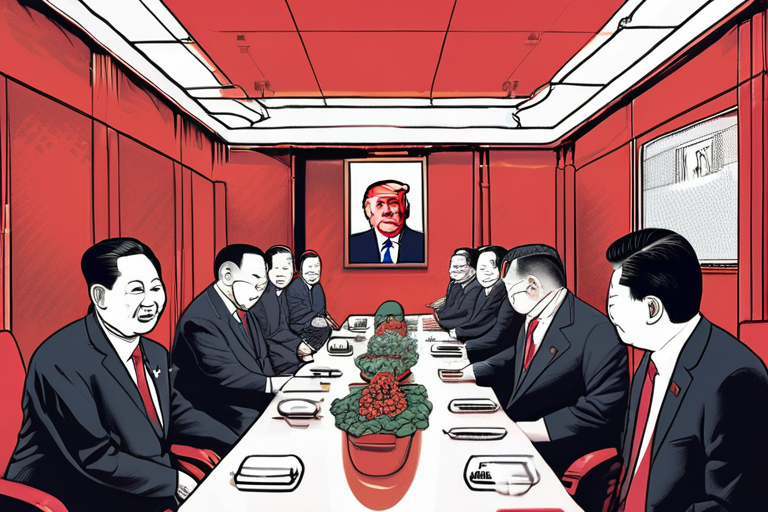
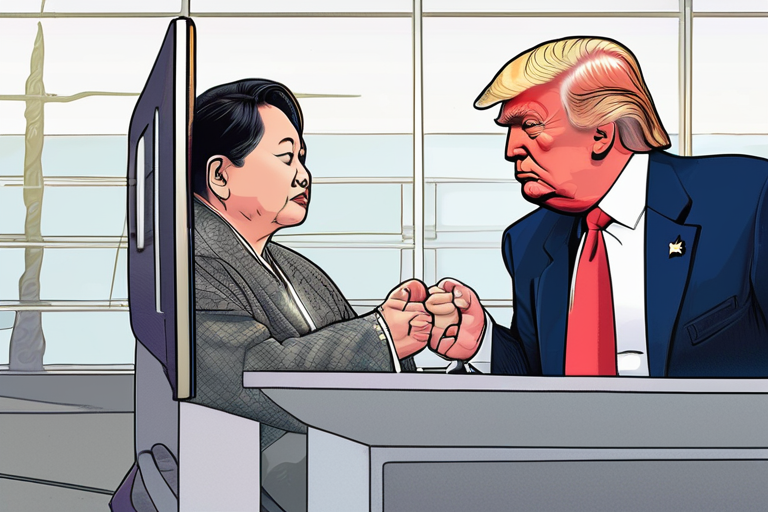
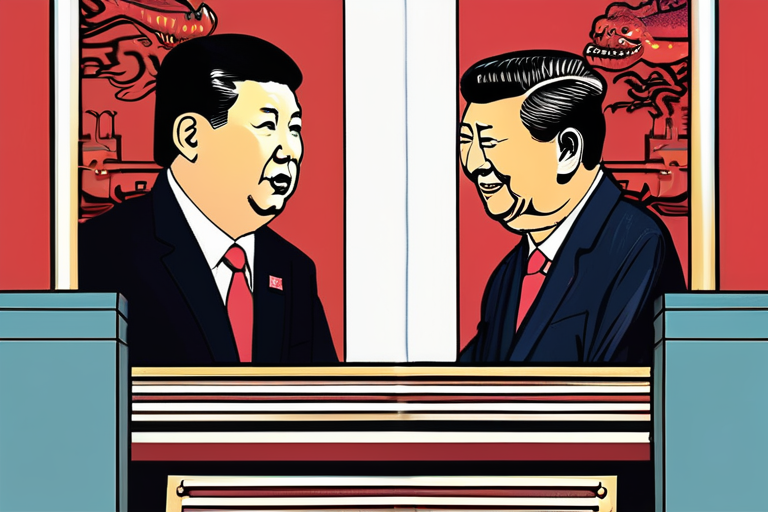

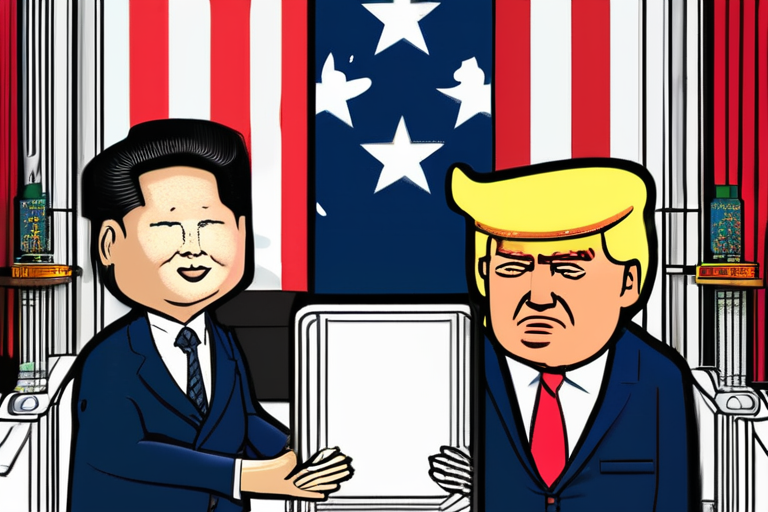
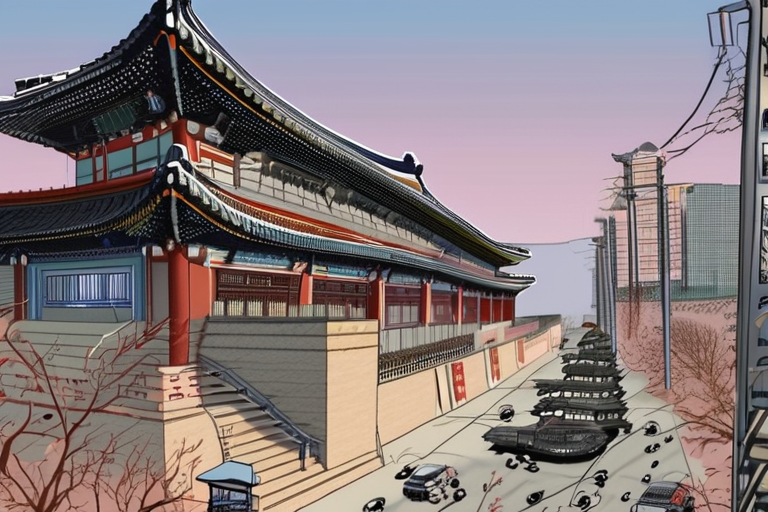
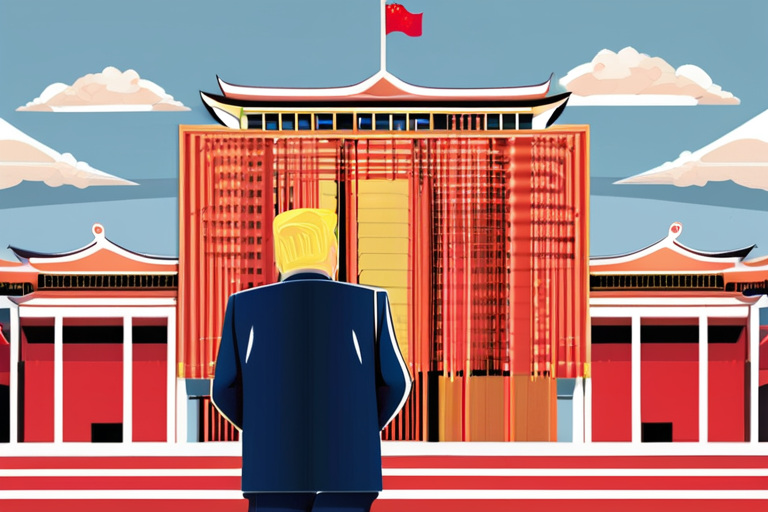

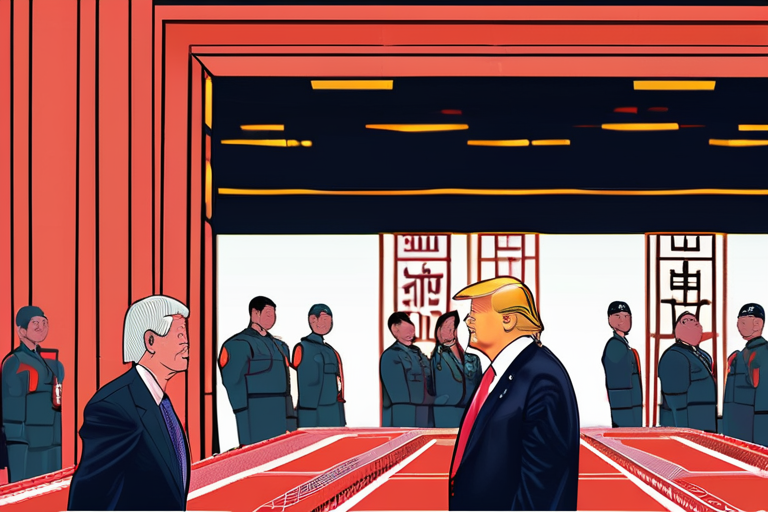
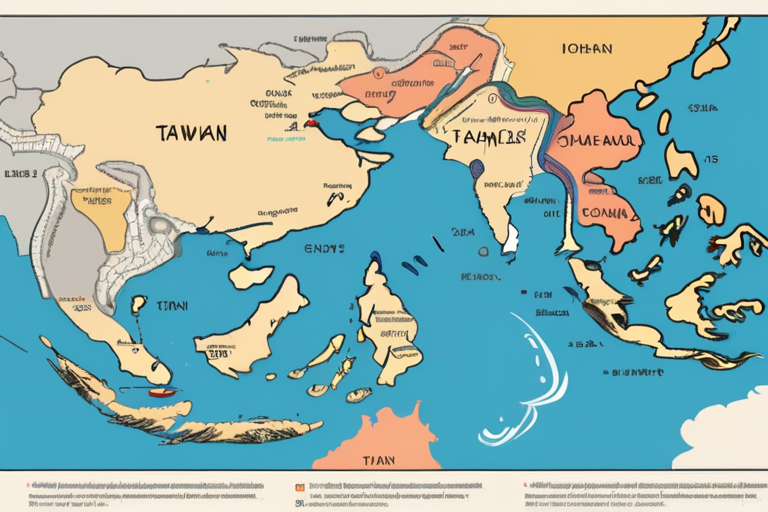
Share & Engage Share
Share this article